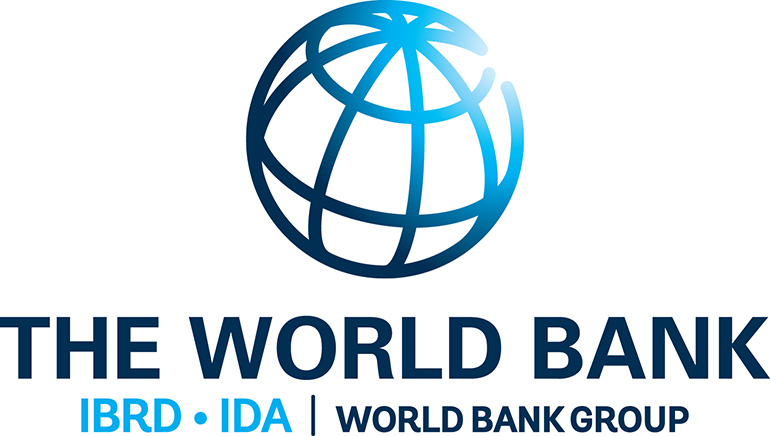The World Bank has revealed that its expanded Crisis Preparedness and Response Toolkit has a focus on offering increased protection against large-scale disasters, enabling the mobilisation of private capital and the ability to transfer the risks of high-intensity but low-frequency disasters to reinsurers and the capital markets.
 Building on existing tools like catastrophe bonds, the Bank Group intends to offer countries the option to embed catastrophe bonds, insurance, and other risk management products into their bank financing operations.
Building on existing tools like catastrophe bonds, the Bank Group intends to offer countries the option to embed catastrophe bonds, insurance, and other risk management products into their bank financing operations.
Subsequently, eligible governments could then be eligible to access payout from an insurance mechanism in the event of a crisis, without having to take on more debt.
The approach aims to mobilize private capital and pass the risks to international reinsurance companies and the capital markets. Working with donors, the Bank Group is also aiming to ensure these insurance products are accessible to lower-income countries.
“The new measures will work hand-in-hand with other key components of the expanded Crisis Toolkit,” says The World Bank.
Announced in June, the Climate Resilient Debt Clauses (CRDC) will allow small states to prioritize disaster recovery over debt repayment when catastrophes hit. The Bank Group has expanded the CRDC to cover all existing loans in eligible countries, allowing borrowers to defer interest and fee payments, and enabling fees to be covered by concessional resources.
Along with this, The World Bank has also approved a suite of new tools to help developing countries better respond and strengthen preparedness for future crises.
Fast access to cash for emergency response will be done through flexible resource reallocation, which will include the Rapid Response Option, allowing countries to quickly repurpose a portion of their unused Bank financing across their portfolio to address emergency needs when a crisis occurs.
Substantially scaled-up access to pre-arranged financing for emergency response will allow for strengthening countries’ financial capacity and preparedness for future crises. The Bank will provide new flexibility to help countries put in place more contingent resources in preparation for future crises. It will also expedite access to new financing for budget support when disasters hit.
The World Bank Group added that it has been “a steadfast partner to developing countries through crises – from early risk assessments and crisis financing strategies to a diverse array of financial instruments for disaster response.”


